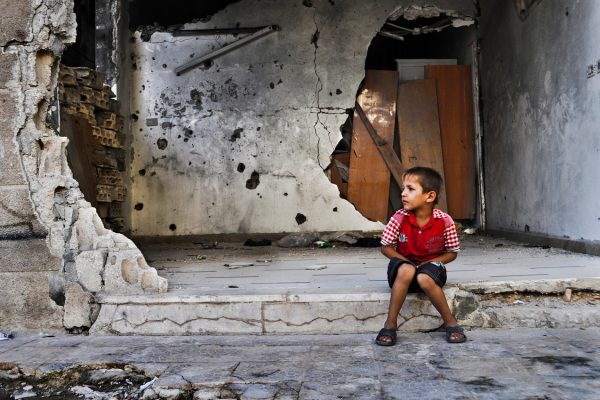Through continual giving, we are able to take any large or small form of charitable action we like and truly diversify our charity.
Through continual giving, we are able to take any large or small form of charitable action we like and truly diversify our charity.
With so many around the world in need due to unprecedented health conditions, natural disasters, and more, charity becomes an even more urgent part of practicing Muslims.
Sadaqah, a form of Islamic charity that is voluntarily given, helps address many pressing humanitarian needs through a flexible range of applications.
Here are 5 key benefits of giving regular sadaqah:
1. Fulfills a core Islamic duty
“Those who in charity spend of their goods by night and by day, in secret and in public, have their reward with their Lord: on them shall be no fear, nor shall they grieve” [Quran 2:274].
Charitable giving is an important part of any Muslim’s faith, with both sadaqah and zakat being a means of putting one’s beliefs into action and using blessings given to benefit the human family.
While zakat is obligatory and requires certain conditions to be met, sadaqah can be given freely and includes both monetary and non-monetary forms of charity. Giving sadaqah allows us to truly personalize our giving and enables us to fulfill one of the most important duties in Islam.
2. Makes us more aware of local and global crises
In researching how to distribute our sadaqah, we become more aware of the challenges facing people around the globe. Some may be in need of a mosque to pray in, others for safe spaces for education, and some who simply need a closer source to draw water from.
Expanding our awareness about key global issues helps us be more empathetic and worldly and allows us to contribute sadaqah in as many different ways as possible.
3. Brings economic and social balance to society
Around 690 million people in the world live on less than $2 USD per day. This, coupled with the accumulation of the majority of the world’s wealth into fewer and fewer hands, leaves many desperate for basic necessities.
The concept of sadaqah attempts to solve this issue through encouraging the regular redistribution of wealth through a variety of means. Doing so ensures many areas of need are addressed and that through regular sadaqah, the gap between the wealthy and the poor is shortened and people of all socioeconomic backgrounds have more interaction.
4. Sets an example for those around us
Giving sadaqah regularly sets an example for people in our families, neighborhoods, schools, workplaces and more. Even when sadaqah is given privately, beneficiaries look to their donors as great examples of humanitarian love and often go on to sponsor their own initiatives or help others in similar situations once financially independent.
Sadaqah is a powerful tool for connecting people across different socioeconomic backgrounds, and giving at the individual level eventually leads to broader benefits at the community, national and international levels.
5. Has the potential to continue indefinitely
One form of sadaqah, sadaqah jariyah, consists of charity that is continuous and can even continue after one’s passing from this world. Examples include installing water wells and constructing mosques in remote locations, where locals can benefit from the structures for generations after the donor’s passing.
This continual form of charity provides perhaps the largest return on donation dollars and, for Muslims, ensures their good deeds continue even after death.
There are many benefits to giving sadaqah, including fulfilling Islamic obligations and setting an example for our social circles. Through continual giving, we are able to take any large or small form of charitable action we like and truly diversify our charity.
Visit https://www.zakat.org/our-work today to see how we can distribute your sadaqah!





